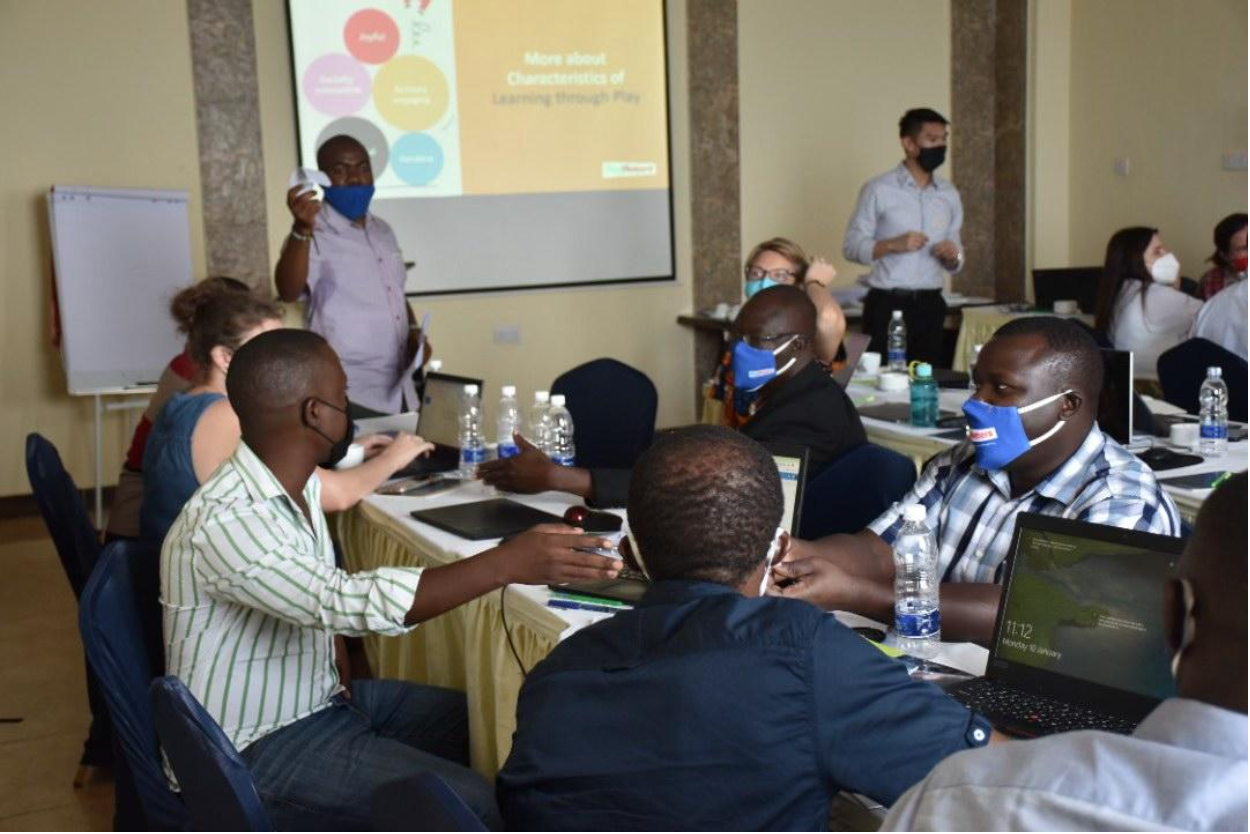The field of International Educational Development has a rich and storied history, informed by theories and methods from disciplines like economics, sociology, anthropology, and political science, among others. But an often-asked question is how do these disciplines connect with the world of work?
Through core and elective courses, students in the M.A. and Ed.M. programs explore theoretical and historical tenets, which provide real world precedents from the field and the analytical thinking skills needed for roles in research, policy, and practice. Outside of coursework there are also a number of professional development opportunities for students aspiring to work in international development or humanitarian aid.
Over the past two years, Associate Professor Mary Mendenhall, Post-doctoral fellow Vidur Chopra, and Doctoral Fellow Chris Henderson, who bring significant experience working with international agencies, have facilitated a series of career-focused workshops to help students navigate the job market and understand the expectations of different roles in the field.
Spread across the Fall and Spring semesters, “Building Know-how, Nurturing Networks, and Creating Ethical Impact” introduced students to three levels of learning related to their entry into and success in international agencies and organizations.
The first workshop -- Building Know-how -- supported students’ understanding of their professional identities and how to differentiate their general skills from more specialized technical skills. During this workshop the varied demands of different roles in the development and humanitarian sector were also discussed, as were the tradeoffs of different employment arrangements such as internships, consultancies, fixed term contracts, and permanent positions.
The second workshop – Nurturing Networks -- looked at the importance and power of professional networking. Students were introduced to tips and tricks for making a positive impression on potential employers or project partners. They also learned how to find roles, apply for roles, and grapple with the politics of hiring. A key soundbite from this session was “It’s not who you know, it’s who knows what you know and do.” In this session consultancy pay scales, salary expectations, and how to negotiate terms of employment were also presented.
The third and final workshop – Creating Ethical Impact -- then shifted students’ focus to strategic planning and long-term career goals. Part of this discussion included the core skills of project management and evaluation, as well as the challenge of successfully traversing academic and professional environments. This workshop also followed the largest academic and professional networking event in our field: The Comparative and International Education Society (CIES) Conference in Washington DC, meaning students were able to offer their own insights and words of advice based on their recent experiences.
In addition to the workshops above, every week the International and Comparative Education program curates a careers newsletter with the latest internships, consultancies, and positions from a range of international organizations and agencies in the program’s network.
With the amount of extra-curricular career preparation and mentoring available, it is no surprise that many graduates from our program are offered roles within some of the world’s leading development and humanitarian agencies in the USA and further afield.
